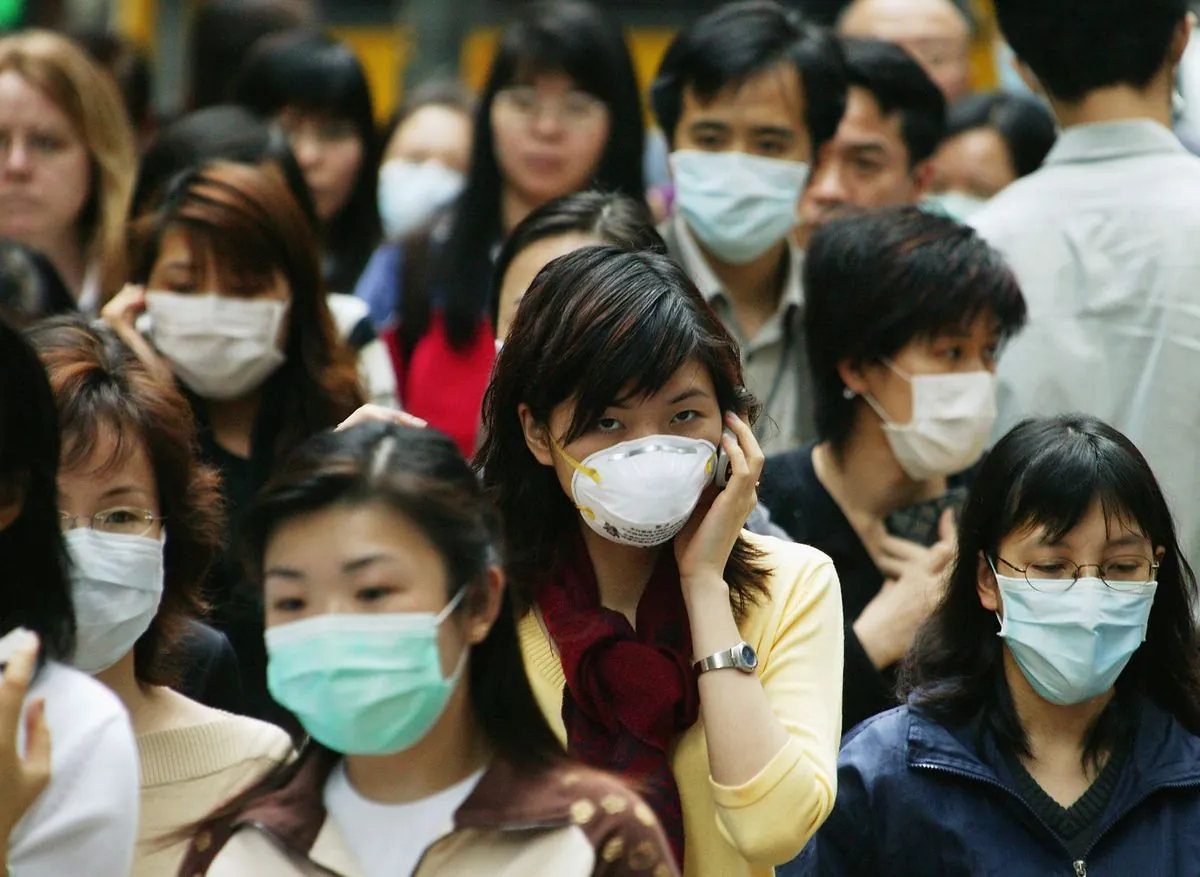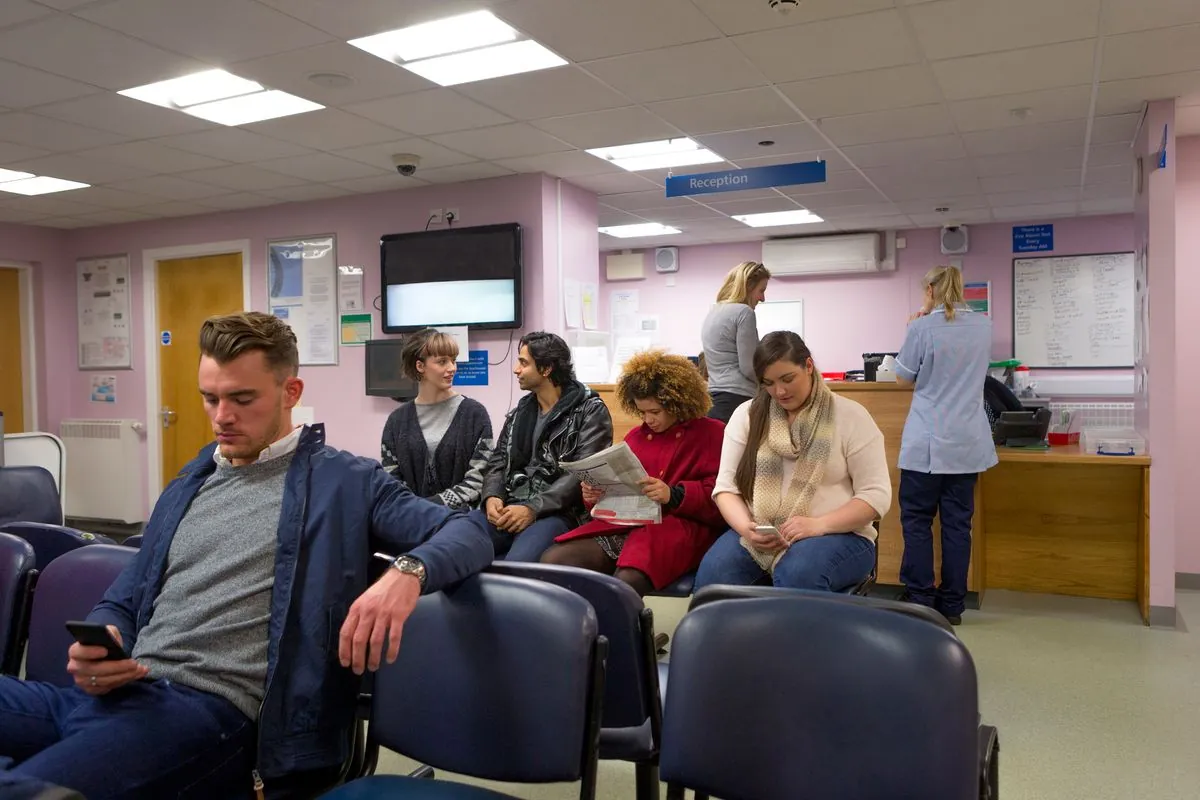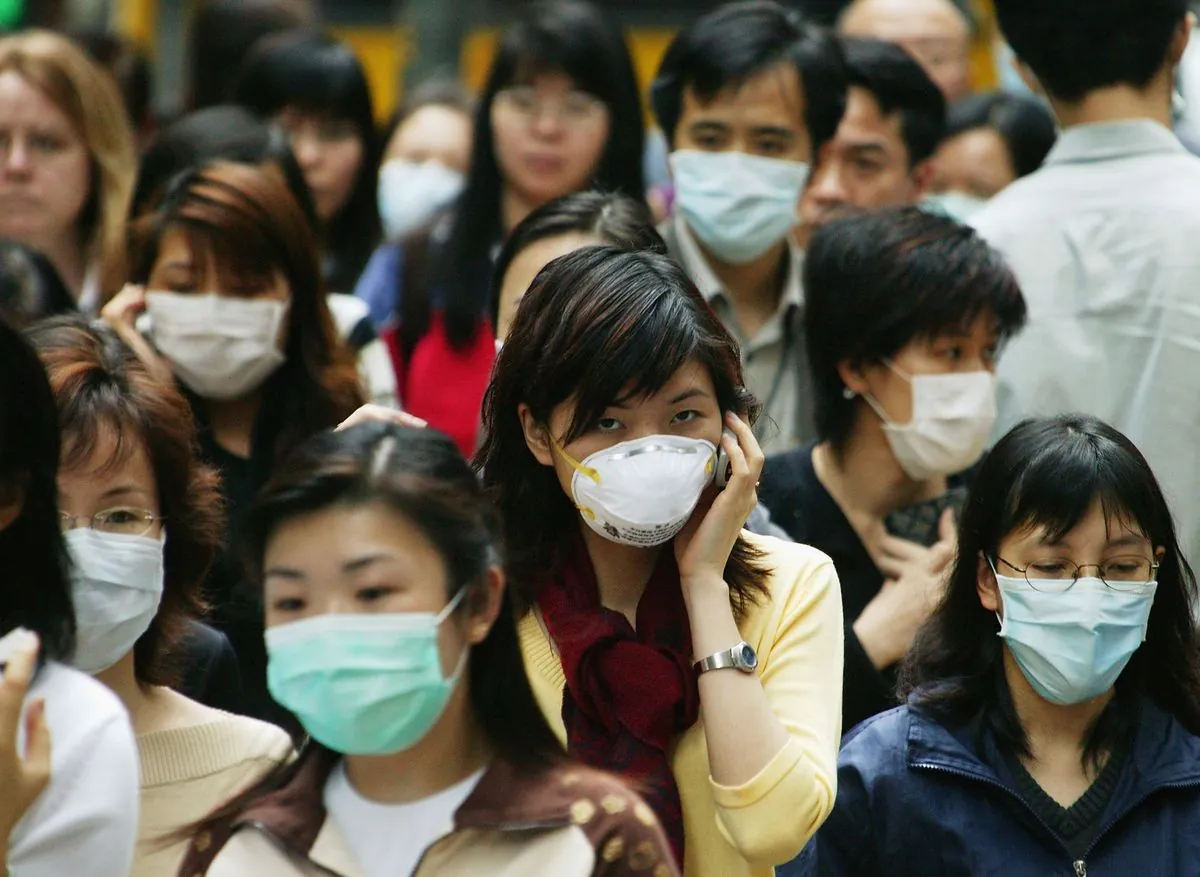COVID-19 Lockdowns: Unveiling Long-Term Impacts Across Generations
Four years after the first UK lockdown, research reveals enduring effects on all age groups. From developmental delays in children to cognitive decline in the elderly, the pandemic's legacy continues to unfold.

Four and a half years have passed since the UK government implemented its first national lockdown to combat the spread of COVID-19. While daily life has largely returned to normal, a growing body of evidence suggests that the effects of these unprecedented restrictions continue to reverberate across society.
Adam Hampshire, professor of cognitive and computational neuroscience at King's College London, notes, "We'll probably be studying the impact of this for as long as we live." Recent data underscores this sentiment, revealing that the number of people on sickness benefits has risen to 3.9 million, a nearly 40% increase since the pandemic's onset.
The impact of lockdowns has been particularly pronounced among young children. Research from Ireland found that babies born during lockdown were slower to reach developmental milestones, especially in communication skills. By age one, only 77% of pandemic babies could say one meaningful word, compared to 89% of those born before COVID-19.

These effects have persisted as children enter school. Dan Paskins of Save the Children reports, "There's been a really big impact on the expected levels of children's social and emotional development in their first few years." Teachers across the UK are now reporting that nearly a quarter of children in Reception classes are not toilet trained, significantly impacting classroom dynamics and learning time.
For teenagers, the lockdowns coincided with a critical period of social and emotional development. Research from University College London and the Sutton Trust found that a third of 17 and 18-year-olds reported ongoing negative effects on their education and mental health. School absences have also risen sharply, with 19.4% of pupils classified as "persistently absent" last autumn, compared to 10.9% before the pandemic.
Young adults have faced unique challenges, with many entering the job market during a period of remote work and limited social interaction. A recent report by the NHS Confederation and Boston Consulting Group revealed an alarming trend: nearly 63,400 people aged 16 to 24 moved directly from university into long-term sickness in 2021-22, up from less than 37,000 in 2019-20.
Middle-aged adults, particularly parents, experienced increased stress and alcohol consumption during lockdowns. Richard Piper, chief executive of Alcohol Change UK, notes that many who increased their drinking during the pandemic have not returned to pre-pandemic levels. This trend is reflected in alcohol-related deaths, which were 32.8% higher in 2022 than in 2019, according to the Office for National Statistics.
Older adults have also suffered significant impacts. A study led by the University of Exeter and King's College London found rapid cognitive decline in older people during the first year of the pandemic, attributed to increased loneliness, depression, and decreased physical activity.
As research continues, it's becoming clear that the full extent of lockdown's impact may not be known for years to come. From educational attainment to mental health, substance use, and cognitive function, the COVID-19 pandemic has left an indelible mark on every generation.
"One thing we do know from the mental health literature is that smaller stresses tend to accumulate. So if things happen to you over and over, it accumulates into a bigger problem."
As we move forward, it's crucial to address these ongoing challenges and provide support to those most affected by the pandemic's long-term consequences. The legacy of COVID-19 lockdowns serves as a stark reminder of the complex interplay between public health measures and societal well-being.


































